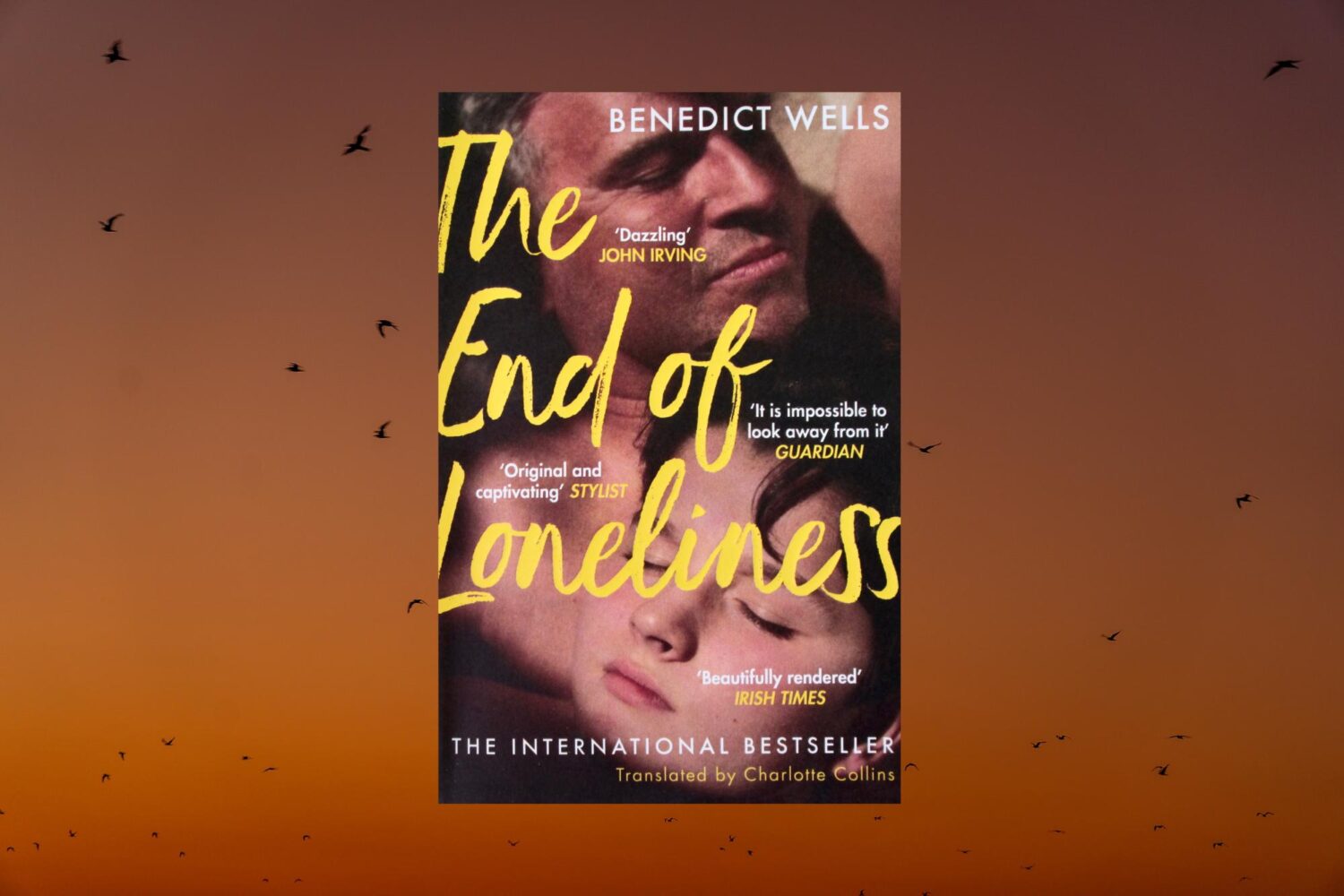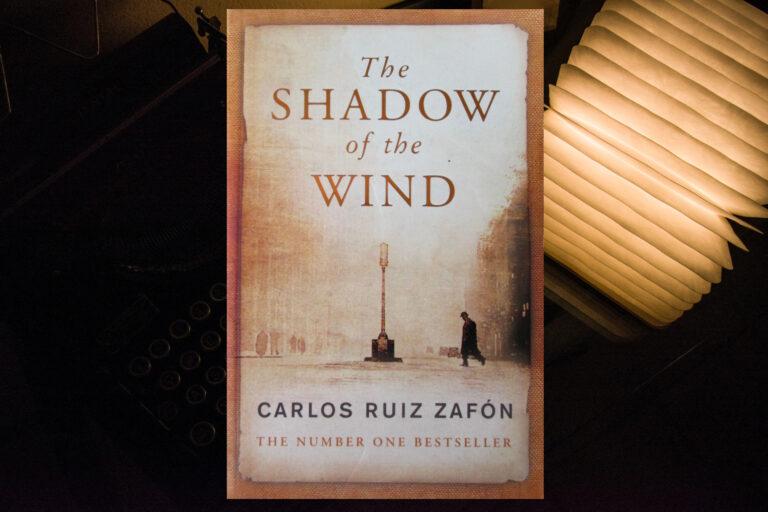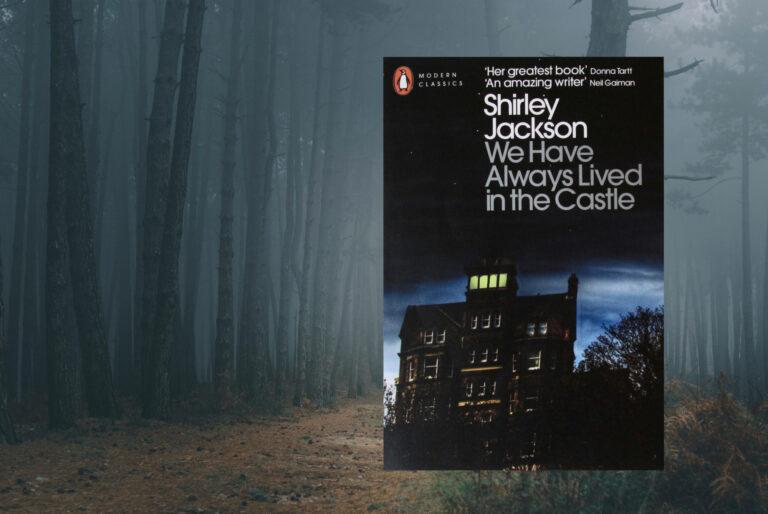This isn’t a guide book on how you should live your life, and there’s no great parable to follow. Instead, The End of Loneliness by Benedict Wells is a tale full of the complexities of living, of wanting an ordinary life and of seeking one that could be happy, when all you’ve had till now is the unending question of what if?
Told from the first person perspective of Jules – from his childhood to that of his children. His memories phrased as though they’re playing out before the readers eyes. The youngest child of three, Jules’ life is upended when a great tragedy befalls him and his siblings, thrusting them into a direction of isolation and a desperate need to once again feel as though they’re living. Each sibling has their own demons to contend with; loneliness, drugs and mental health difficulties etc, though as the story progresses the siblings try to move closer to one another and to re-establish their connection as a family, and thereby to life.
At times The End of Loneliness dangles dangerously close to becoming a little stagnant, with Jules’ twenties having little happen, but then this is matched by the life he was leading – he’s stuck in the past, while living a day-dream that life would improve, while ironically doing nothing to change it. This infuses the pages with a sense of merely surviving, the author Benedict Wells having a strength of writing that carries the character’s emotions directly onto the reader, another strength being that it’s very much set in reality. There will be many a time that you’ll loathe parts of the characters because you see something similar to your own experiences, while there are other times when you want the characters to succeed in their endeavours, or to be merely rescued, because once again there’s a sense of intimate similarities. Meanwhile the setting and time-frame of the book adds to this by producing a feeling of nostalgia and kinship.
Wells’ writing deceives you into thinking it’s simplistic but his character’s lives are deeply complex, and written in beautiful synchronisation with the character’s feelings. For example when Jules’ life becomes more exciting – thanks to the introduction of an old friend and a complex immersion into a changing relationship – the scenes become more electrically charged. There’s tension, expectations, risks and all, dripping in a background of romantic European idealism; rugged countryside, friendly literary strangers, and an intellectual stimulus that’s not self-indulgent but enjoyed with a glass of wine. In all it seems very cultured in The End of Loneliness.
The book is often left swimming in cultural titbits that will have you going off on a litany of discoveries, from various music references; jazz musician Dave Brubeck for example, food; tramezzini, and numerous books of literature; Un Amour De Swann being just one of the books referenced.
It can easily be imagined when reading The End of Loneliness that Wells is writing from a place of experience – everything feeling very natural, from reactions, interactions and our ability to withdraw within ourselves. It’s easy to fall in love with certain characters, for myself Jules’ sister – Liz, or at least the desire to understand the character’s personal reasonings, and to groan when many a time you can see the wrong choice is being made – a lack of communication often being the cause.
The story primarily follows a linear sense of time, but there are brief moments where the reader is shot forward in time to the present-day thoughts and the resulting outcomes of Jules’ decisions (though only tantalising hints are dropped as to what these are). In choosing to reveal so little, and by there being a greater wealth in which the past is narrated, Wells makes the memories feel more like the present, its essence as inescapable to the reader as it is for the characters.
One of the most powerful moments of the novel is when Wells, through the dialogue of his characters, reveals the heart of the book to the reader; ‘…essentially it’s about how memories define and direct us’ – its spirit beautifully summarised.
For a book surrounded in sadness, Benedict Wells still creates surprising moments of great humour – dry, witty and a breath of fresh air – which balances out the characters’ uphill battle to reach the top. The finale at The End of Loneliness defining an elegance of writing as everything comes together, and you’re left with a smile sweeter than it is bitter.
Other Notable Works by Benedict Wells:
- Hard Land 2021
- Die Wahrheit über das Lügen (The Truth About Lying) 2018
Book Edition Information:
Publisher: Sceptre (part of Hodder & Stoughton), (first published by Diogenes Verlag AG)
ISBN: 9781473654044
Cover Photograph: Hollie Fernando
Translation: Charlotte Collins
Presented Edition: 2018 Paperback
Background image courtesy of Nick Fewings on Unsplash











